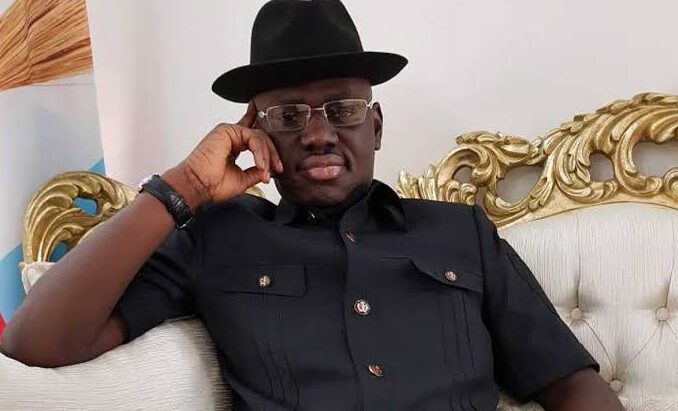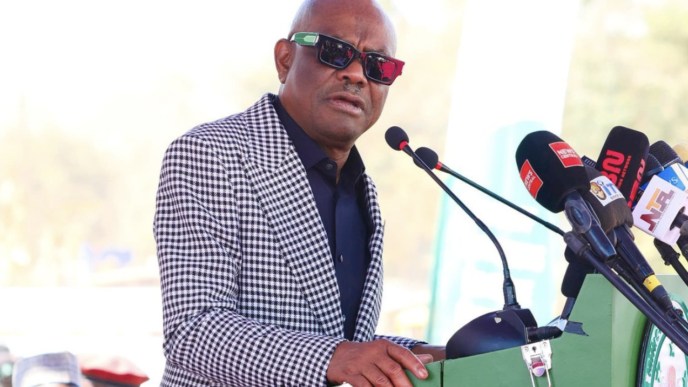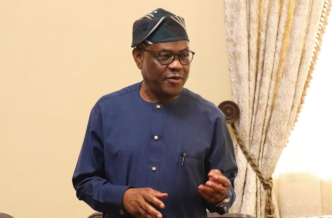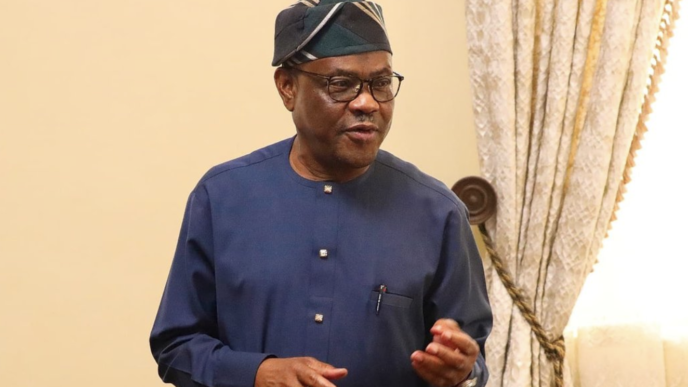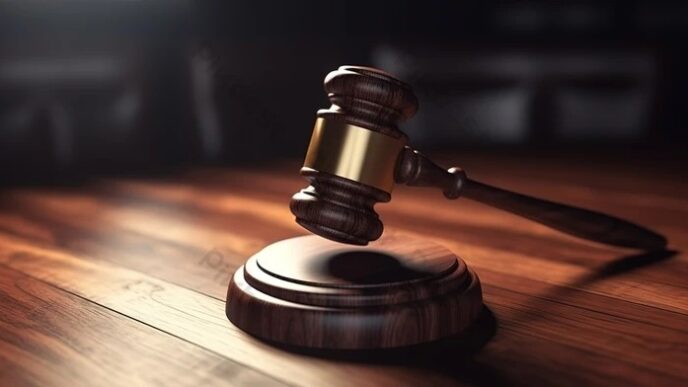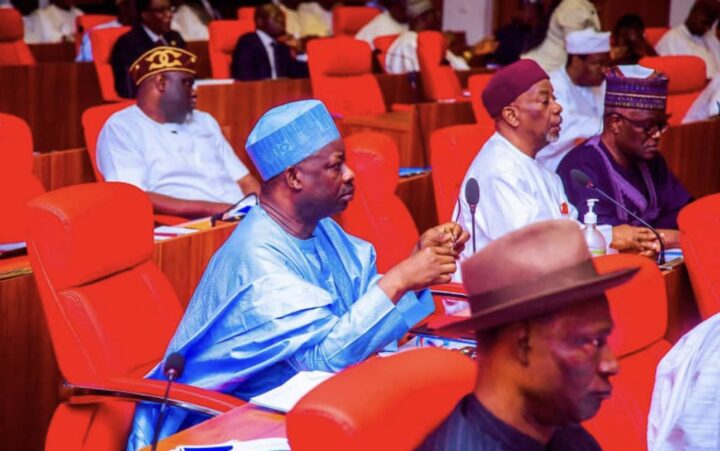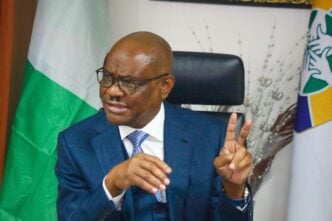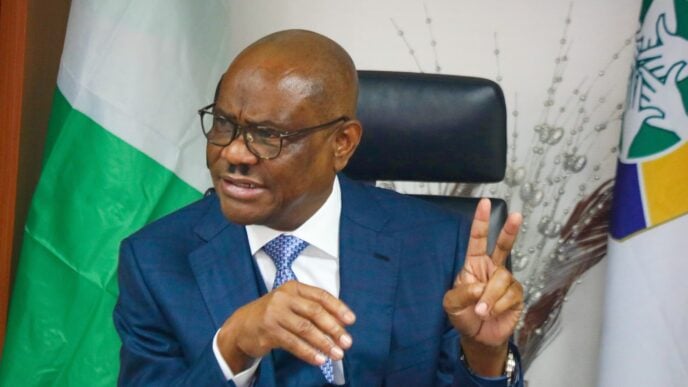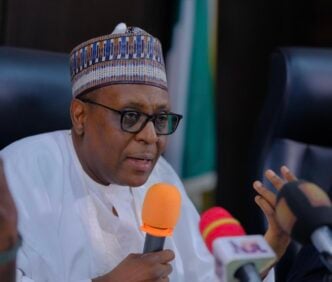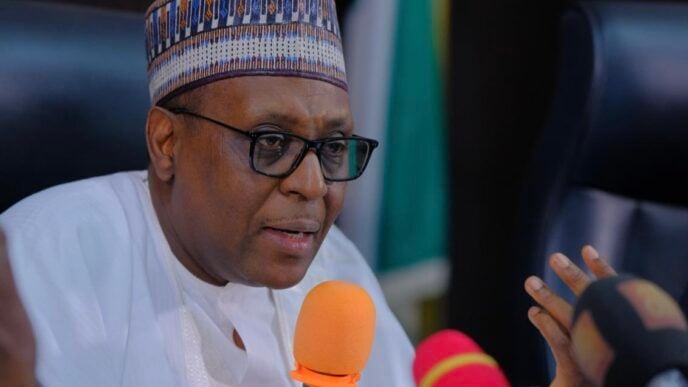Timi Frank
Timi Frank, former deputy national publicity secretary of the All Progressives Congress (APC), has condemned the arrest and detention of Omoyele Sowore, human rights activist and pro-democracy campaigner.
Sowore was arrested on Thursday morning shortly after leaving the premises of the federal high court in Abuja.
Speaking during a press briefing in Abuja, Benjamin Hundeyin, police force spokesperson, said Sowore was arrested for leading the #FreeNnamdiKanu protest to “restricted areas” in Abuja.
In a statement issued in Abuja on Friday, Frank described the arrest as “an assault on democracy, freedom of speech, and the fundamental rights guaranteed under the constitution”.
Advertisement
“We strongly condemn this reckless action as an assault on democracy, freedom of speech, and the fundamental rights guaranteed under the Constitution of the Federal Republic of Nigeria,” he said.
Frank added that the arrest was unjustifiable and represents “a dangerous slide towards authoritarianism”.
He decried what he described as the continued harassment and intimidation of Nigerians for expressing dissenting opinions or calling for good governance.
Advertisement
“The right to protest, to assemble, and to hold government accountable are fundamental pillars of any true democracy,” he said.
“Suppressing these rights through intimidation and arbitrary arrests is a betrayal of the democratic promises made to the Nigerian people.”
Frank implored President Bola Tinubu and Kayode Egbetokun, the inspector-general of police, to ensure Sowore’s immediate and unconditional release.
“Tinubu’s administration must demonstrate commitment to the rule of law and respect for human rights by ending the culture of fear and intimidation,” he said.
Advertisement
“Nigeria is currently facing serious security, economic, and governance challenges that require constructive engagement, not repression.”
He urged the government to focus on addressing pressing national issues rather than silencing voices of dissent.
Frank also urged the National Human Rights Commission, civil society groups, and international partners, including the United States, the European Union, and the United Nations Human Rights Council, to intervene.
Advertisement
